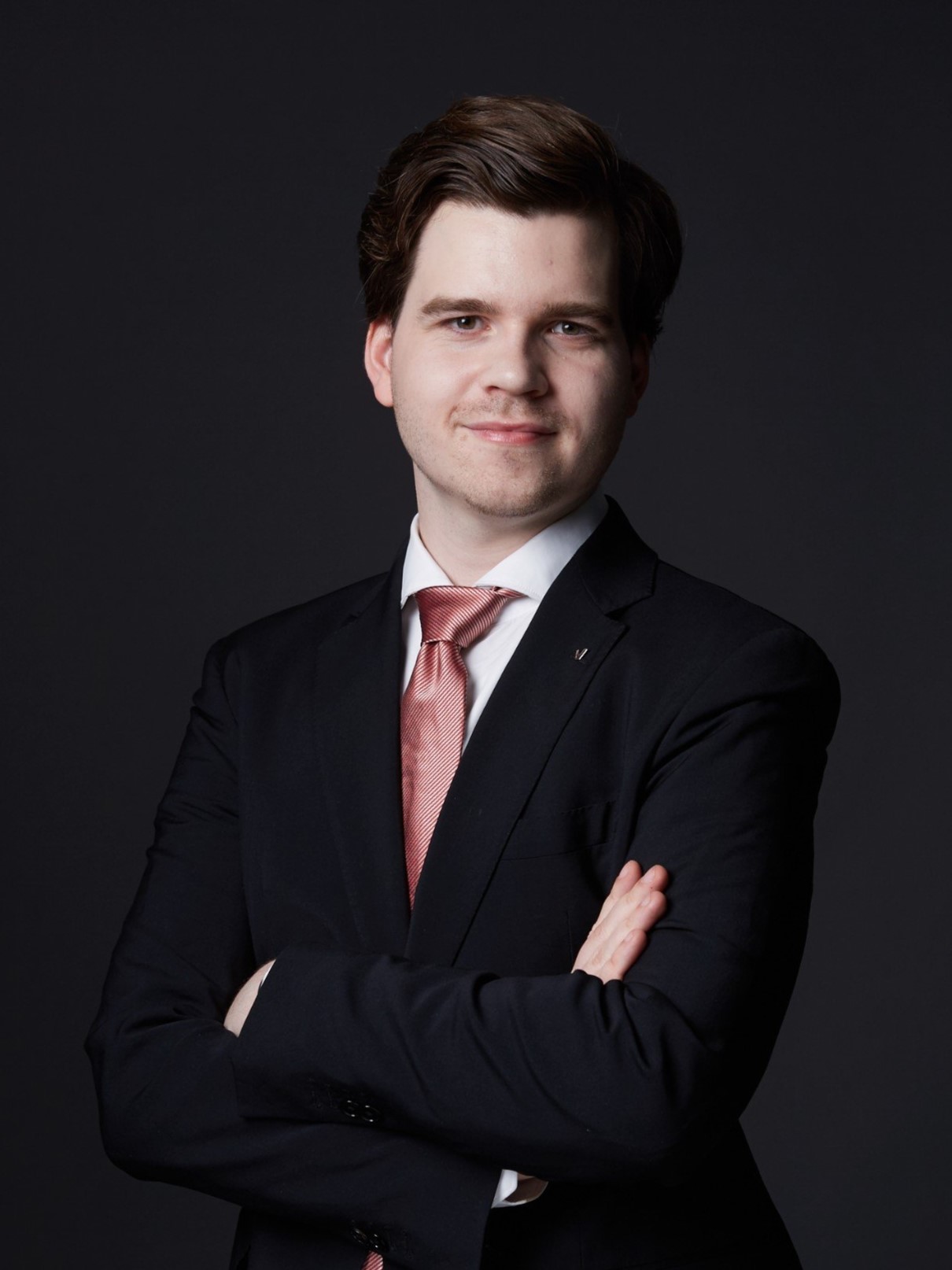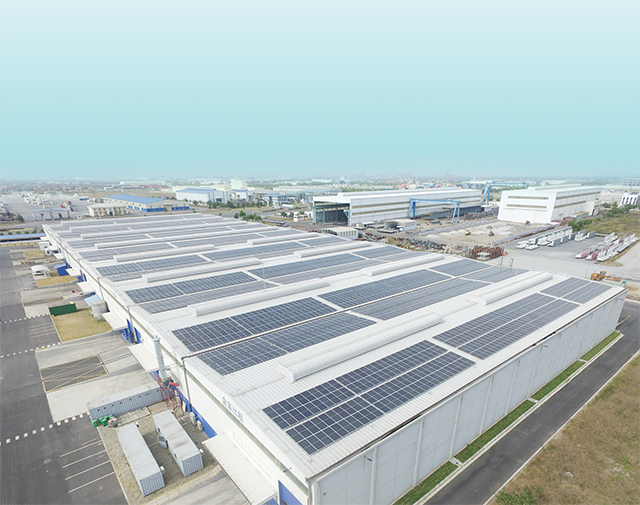The German Business Association (GBA) announced on July 15 the business and investment progress made in the second quarter of 2024, highlighting the expansion of German businesses and the key role of green energy in Vietnam’s economic development. Trends towards sustainable action are taking place globally, with green energy increasingly being valued.
Commitment to green energy transition
GBA members recently expressed their commitment through the “Green FDI in Ho Chi Minh City” initiative, which aims to attract environmentally-friendly foreign investment into the city and promote the application of energy-saving technologies. By encouraging German businesses to invest in green energy solutions, the GBA hopes to reduce Vietnam’s “carbon footprint” and contribute to global efforts to combat climate change.
Members actively participated in optimizing green energy production, improving the efficiency of the FDI sector, developing renewable energy projects, and ensuring energy security and long-term sustainability. Potential projects that will help change Vietnam’s energy landscape the GBA is aiming for are in solar energy, wind power, and biomass power.
German companies have been actively involved in green energy optimization for many years, such as Bosch and medical device supplier B.Braun, which extended their facilities by applying energy-saving measures and installing rooftop solar systems. New German companies in Vietnam, like Viessmann, have also chosen facilities with photo-voltaic (PV) solar electricity supply.
“Our members have been part of Vietnam’s green transition for many years, and we are proud they set a strong base by putting sustainable action in their strategy from an early stage,” Mr. Alexander Ziehe, Chairman of the GBA, told VET. “Many of our German experts consult with companies on energy transition and waste management. Recent investments reflect the thoughtfulness of our renowned companies.”
He added that German companies are knowledgeable and experienced in supporting Vietnam to achieve its net-zero targets by 2050. “German companies consider recent developments in policies as favorable and will further investigate investment opportunities in the energy sector,” he said.
Land of opportunities
Vietnam has strongly committed to a green energy transition in recent years and supports foreign investors in their investment plans.

“The recent approval of direct power purchase agreements (DPPA) is particularly welcomed by our business community,” said Mr. Ziehe. “The need for energy security and diversification is evident from the challenges our members faced during recent power blackouts in the north of Vietnam, which led to production disruptions and financial losses. Increasing power sources, empowering self-energy production, and investing in infrastructure will enhance Vietnam’s attractiveness for business.”
Germany has strong expertise in areas like grid, offshore, and onshore wind technologies, he continued. Companies in these areas have been watching Vietnam for many years and will benefit from reforms such as DPPAs. With opportunities to create viable business models, investors will translate their expertise into local opportunities. Multinational corporations (MNCs) must follow global reporting standards in green energy and will be able to support these standards further with ongoing reforms in the energy sector.
FDI from Germany was previously concentrated in Singapore, Thailand, and Malaysia, according to the GBA. These countries all have long-established German industrial clusters, such as the automotive industry in Thailand and research and development (R&D) centers in Singapore. In recent years, however, this trend has gradually changed as Vietnam is considered an increasingly attractive investment destination.
Data from the Ministry of Planning and Investment shows that as of June 20, German investors ranked 17th among 146 countries and territories investing in Vietnam, with total capital of $2.76 billion in 472 projects.
The Business Confidence Index report from the European Chamber of Commerce in Vietnam (EuroCham) also notes that, in the second quarter of 2024, Vietnam maintained its position as a popular investment destination for European companies in general, with nearly 70 per cent of business leaders recommending the country.
The report also shows that European businesses in Vietnam are adjusting their outlook, with the Index stabilizing at 51.3 points in the second quarter of 2024. While this represents a slight decline from 52.8 points in the first quarter, strong GDP growth of 6.42 per cent in the first half and the 70 per cent of leaders recommending Vietnam reveals the confidence held among European businesses in the country’s long-term growth.
However, opportunities always come with challenges. For German companies, the lack of modern infrastructure for power and seaports in the north and high density in the south limit business expansion, according to the GBA Chairman.
In addition, highly complex administrative procedures and overseas financial infrastructure delay many projects and significantly increase costs.
Lastly, the lack of international training and standards often leads to loopholes when executing projects on the ground.
“Therefore, the GBA works closely with our business community to understand legislative challenges and daily business operations, which we communicate to authorities to guide improvements,” Mr. Ziehe affirmed.









 Google translate
Google translate